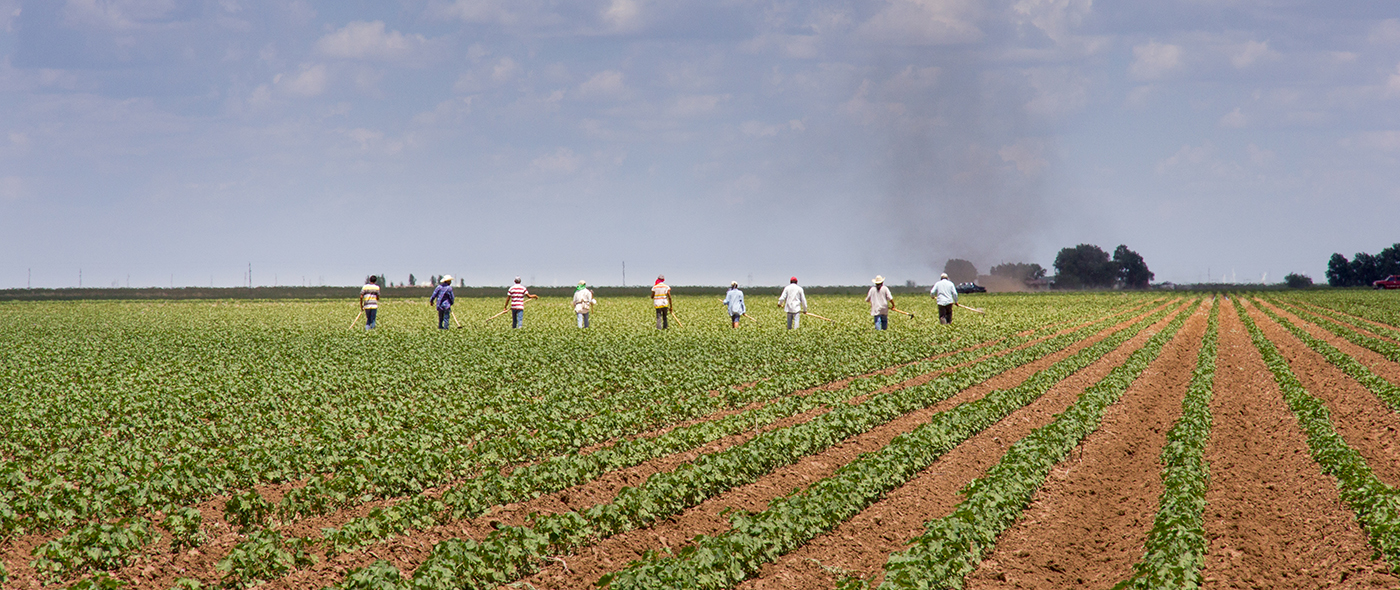Overtime compensation for Oregon farmworkers
2023 UPDATE
Jan. 2023: Farmworker overtime pay goes into effect!
Farmworkers are an essential part of the Oregon economy and deserve the same treatment without discrimination. Starting in 2023, Oregon will officially begin paying farmworkers overtime!
Los trabajadores agrícolas son una parte esencial de la economía de Oregón y merecen el mismo trato sin discriminación. ¡A partir de 2023, Oregón comenzará oficialmente a pagar horas extras a los trabajadores agrícolas!
We were part of the coalition to get HB 4002 passed last year and are excited to see much-needed progress to see our goals realized.
Formamos parte de la coalición para aprobar la ley HB 4002 el año pasado. Estamos emocionados por que nuestros objetivos muy necesarios lleguen a buen término este año.
This video project on Farm Worker Overtime was created in partnership with PCUN and Beyond Toxics with support from the Meyer Memorial Trust.
Este proyecto de video sobre el pago de tiempo extra para trabajadores agrícolas fue creado en colaboración con PCUN y Beyond Toxics con el apoyo del Meyer Memorial Trust.

Farmworkers are critical to Oregon’s economy and society
Farm workers play a vital role in the American economy. Farm workers collect, package, and maintain the bulk of our nation’s food products and they are subject to the same psychological, physiological, and social impairments as workers performing overtime in any other occupation. However, they face the additional compounding burdens of financial strain, job insecurity, and housing instability. Farm work requires long hours, yet these workers continue to be excluded from protections under the Fair Labor Standards Act (FLSA).
New rules are needed in Oregon to better protect Oregon's farm workers from unfair labor practices. Beyond Toxics has joined with our partners at Pineros Y Campesinos Unidos del Noroeste (PCUN: Oregon's farm worker union) to educate Oregonians about this injustice and bring the related issues to the attention of our elected leaders in state government.
There are approximately 174,000 migrant and seasonal farmworkers in Oregon. Farmworkers are some of the lowest paid workers. On average, farmworkers are estimated to make between $17,500 to $19,999 a year and cannot afford to miss a day of work even if it puts their health at risk.
Background
Research consistently shows that continually working longer than eight hours per day (or 40 hours per week) is associated with significantly greater risk of all-cause mortality, and the development and/or progression of circulatory disease, diabetes mellitus, metabolic syndrome, depression and anxiety, inadequate sleep (quality and quantity), cognitive dysfunction, and engagement in unhealthy coping behaviors (e.g., drinking, smoking).
Employees who regularly engage in overtime work report significantly higher work-to-family interference (conflict), worse satisfaction in their intimate relationships, and reduced satisfaction with life in general; as well as less time spent supporting their children’s educational development compared to those performing within normal hours. These findings are important and compelling for highlighting the dangers in sustaining a pattern of working long hours. These findings are also notably derived from samples of primarily white, non-Hispanic, middle-class workers recruited from white- and blue-collar industries. Understanding this caveat is critical for understanding the weight of the risk placed on the shoulders of what is arguably the most important, and most vulnerable, workforce in this country: farm workers.

Economic Benefits and Burdens
• The results of farm workers’ labor boost the U.S. economy; households dedicate approximately 13% of their income to purchasing agricultural products.
• High rates of work-related injuries and illnesses place a preventable, significant financial burden on our Worker’s Compensation and health care systems.
• Systemic barriers perpetuate an epidemic of extreme poverty among farm workers, leading many to delay medical care until health issues become critical, and subsequent medical bills become insurmountable.
Impact of Long Hours on Physical, Mental, and Familial Functioning
• Routinely working long hours (+40 week) contributes to fatigue and sleep issues, and the onset/progression of heart disease; stroke; diabetes; depression, anxiety, and suicidal ideation; and increased risk of work-related injury.
• High job demands, coupled with little to no control over when and how work is done, exacerbates farm workers’ negative mental and physical health outcomes.
• Mandated overtime requires farm workers to spend less time with their families, take on greater financial and logistical strain trying to obtain childcare and/or bring children to their worksite.
• Fatigue and work-to-life stress adversely impact their ability to maintain the household, support child education, and limit pesticide exposures.

The Backbone of America is Hurting
Agriculture is an essential business that serves as the backbone of our nation’s food system and allows our citizens to survive and thrive. On average, Americans devote 13% of their household budget to the purchase of food items, which amounted to a $1.109 trillion contribution of Agriculture to the U.S. gross domestic product in 2019; $136.1 billion of which was contributed by America’s farms.
Approximately 22 million jobs, 10.9% of total U. S. employment, are housed within the agricultural industry. In Oregon, there are an estimated 82,961 migrant and seasonal agricultural workers (27,792 migrant workers and 55,169 seasonal workers). Oregon counties with the highest estimated number of migrant and seasonal agricultural workers are Wasco, Marion, Hood River, Washington, Yamhill, and Clackamas. Farm workers in Oregon support several commodities including fruits (e.g., apples, grapes, blueberries, blackberries), vegetables (e.g., sweet corn, onions), herbs (e.g., peppermint), hazelnuts, Christmas trees, and hops.
Key Recommendations
• Compensate farm workers for overtime pay commensurate with FLSA requirements.
• Provide stronger oversight protection for farm workers, including employed minors.
• Teach employers to support worker health and safety, and improve job control.
• Support research on the effects of farm labor on workers and their families, including the implementation and evaluation of workplace interventions.
• Adopt innovative programs, such as the Equitable Food Initiative, to ensure just food production practices.
For more, read:
Mandated, But Not Compensated: Exploring the Multifaceted Impacts of Overtime on Farm Workers’ Health, Safety, and Well-being (PDF) - A white paper prepared on behalf of Pineros Y Campesinos Unidos del Noroeste (PCUN) by members of the Oregon Institute of Occupational Health Sciences at OHSU
This report describes the role of farm workers in the U.S. economy, workplace risks and exposures affecting their health and safety, and the compounding impact of long work hours on their psychological, physiological, and sociocultural functioning.
For more information, contact Meet Panchal, Environmental Justice Statewide Projects Manager, email: mpanchal@beyondtoxics.org





